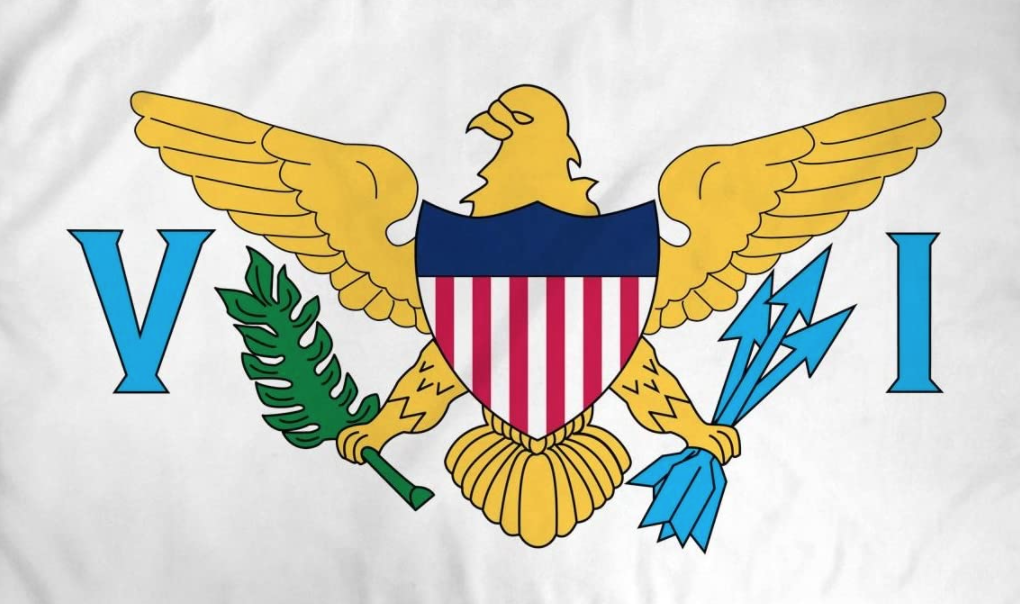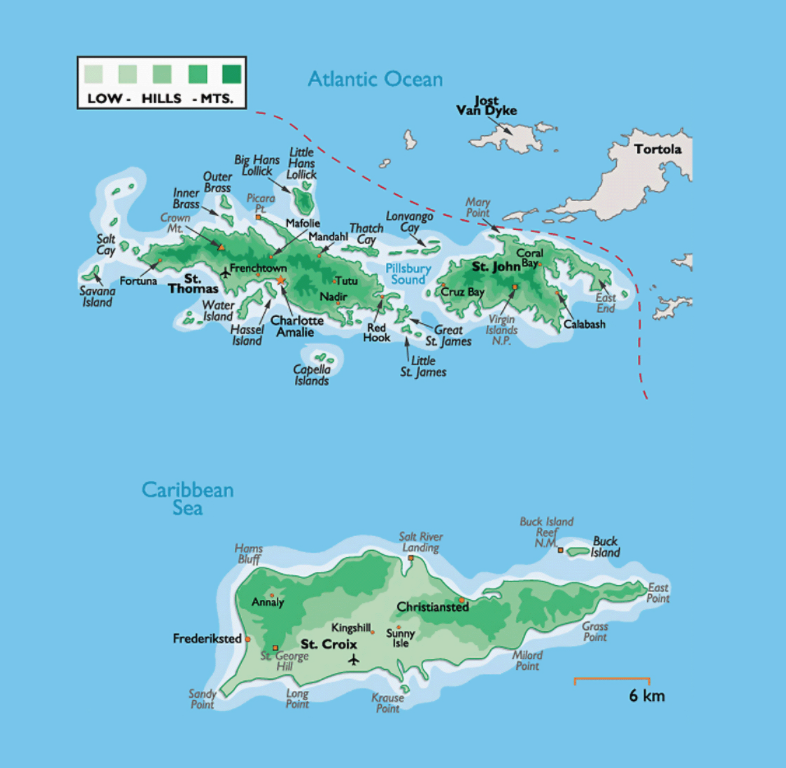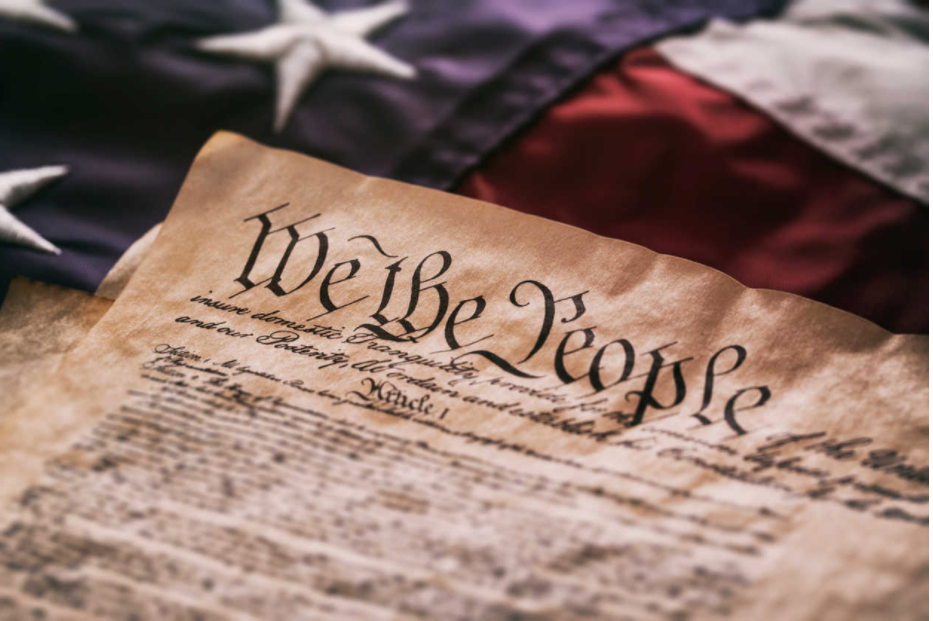By Nadege Barber, Amayah Schoonmaker, Romellow Cunningham, Wenzell Harris, Jenna Honoré, Marlene Maharaj, Alejandro Saul, Tobias Alvez, A’Kaijah Cammie, Tayice Jacobs
 In honor of transfer day, observed on March 31st, we reflect upon the U.S Virgin islands’ history. In the 1900s, the United States dabbled in trading sources to increase their resources and power and render it transferrable throughout generations. Due to the island’s convenient location, the USVI was officially owned by the U.S in exchange for millions of gold coins.
In honor of transfer day, observed on March 31st, we reflect upon the U.S Virgin islands’ history. In the 1900s, the United States dabbled in trading sources to increase their resources and power and render it transferrable throughout generations. Due to the island’s convenient location, the USVI was officially owned by the U.S in exchange for millions of gold coins.
Formerly under the Danish leadership, the islands were sold to prevent a war, securing the indispensable values it has to offer. Decades down the line, some Virgin Islanders are still displeased with the territory’s current conditions—claiming that it isn’t as advanced as it should be. At the same time, they possess the support of the mainland as a territory.
With more than 100,000 veterans, natives have actively been providing service and sacrifice to the United States.
Residents of these territories pay more than $3.5 billion a year in federal taxes, and as valuable as they are with the many contributions put forth, the sustenance is not reciprocated.
Although the neighboring island, Puerto Rico, holds a non-voting territory status and a similar history to the Virgin Islands, their advancements–due to relations with the U.S.– are apparent, despite the unfathomable differences. It has awarded them attention and support on some issues which have the potential to invoke changes.

Unlike the other U.S. territories, the island’s housing over one hundred people are exempt from the Jones Act, allowing more ‘leg room’ when it comes to trade. However, even with that advantage, sometimes shipping can be a hassle. This results in the lack of necessities and the famous ‘we’re unable to ship to your location’ restrictions, experienced by the majority of the shoppers, one too many times.
It may be because most carriers and or vendors have our country name listed and not the territory’s name. This puts us at a discrepancy resulting in additional customs processes and prolonged shipping times, mainly at the business owners’ and customers’ expense.
Today, some of the natives are disgruntled at the limitations of natives, U.S. citizens. Including being unable to vote for the U.S. president. A popular schema that most citizens on the mainland adopt is that non-American seem to have an accent that resembles a Jamaican accent.
One thing or lack thereof is ensuring that the kids are taught about the U.S. Virgin Islands’ relations. Those who have experienced these common assumptions maintain they are not pleasurable. Avoiding these situations fed by ignorance and lack of awareness can be improved. Our similarities and differences should be recognized, as a territory knowledge about each party and the significance of said relationship may lessen conflicts and increase opportunities. As a nation under the protection of the constitution, being able to have a say in who who becomes the political leader should be exercised.
A select few individuals have put in time and effort to draft a constitution, hoping that residents of the U.S. Territories would be allowed to vote for the President. The Fifth Constitutional Convention of the U.S. Virgin Islands ‘ most recent proposed constitution was in May 2009. Congress quickly rejected the constitution in June 2010. With more than four million residents in the U.S. Territories, they remain powerless with national politics.

A few residents have challenged the system but were never able to get anything changed. Even though the court has shown some concern to residents, they were never granted the President’ s right to vote. It has also been stated that because the Territories are not a state, they cannot exercise their rights to vote.
Residents are affected by the decisions made and should have a voice and be heard. Some claim that it is inhumane and they should be treated equally. A constitutional amendment granting residents the right to vote is long overdue.
Residents should not denied their right to vote if they are qualified citizens. Present amongst all the technological advances, equal rights between men, women, races, and ethnicities is an issue that should be treated with greater importance. Although a Virgin Islands citizen, feeling like a “true” American citizen is almost impossible.
The present issues with taxes and voting rights limited to the territory only having representation in Congress remove quality that the average American citizen in the United States is rightfully due. Subsequently, the previously stated rights, where the unmistakable racial and ethnic distinction amongst the U.S. territories should serve as an experience that is no to be repeated or continued.

It is essential that we all learn from it to achieve equal rights in all USA states and regions for generations to come. As a citizen of the United States Virgin Islands, a neglected part, in the sense of not having the same complete rights as an American citizen, this is no longer acceptable. If change is a must. it must start with us, the citizens who believe an are prepared to follow with actions. To encourage unity, there is work to be done. Awareness is the initial step.
Leave a Reply to Sulaiman Donaie Cancel reply